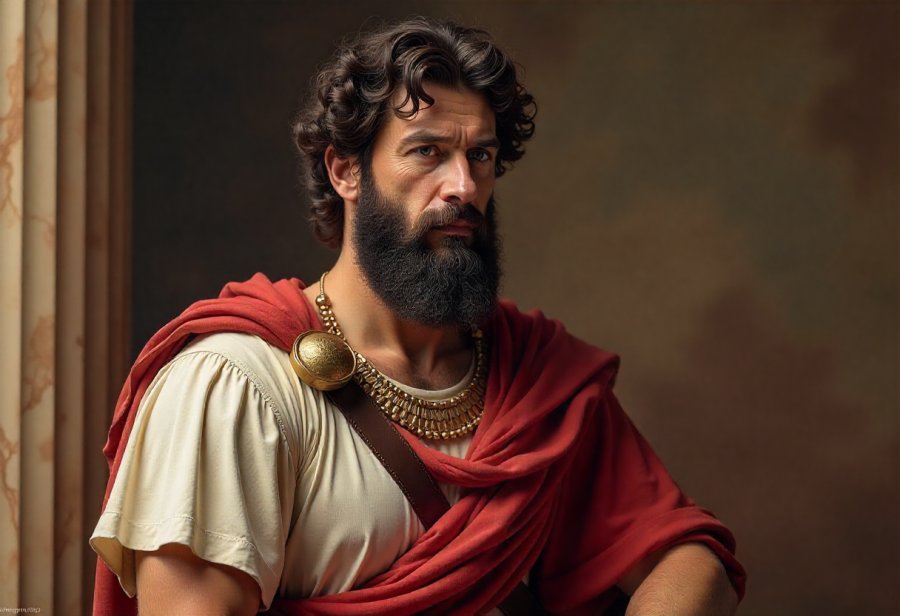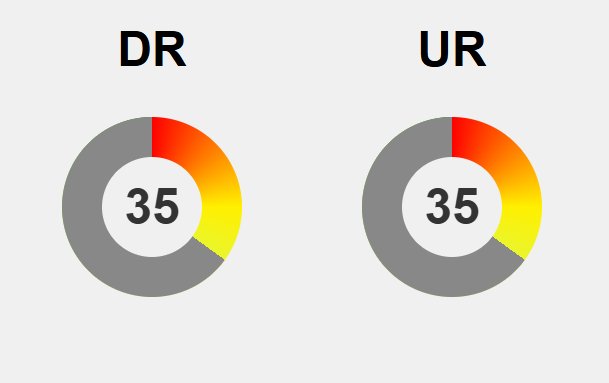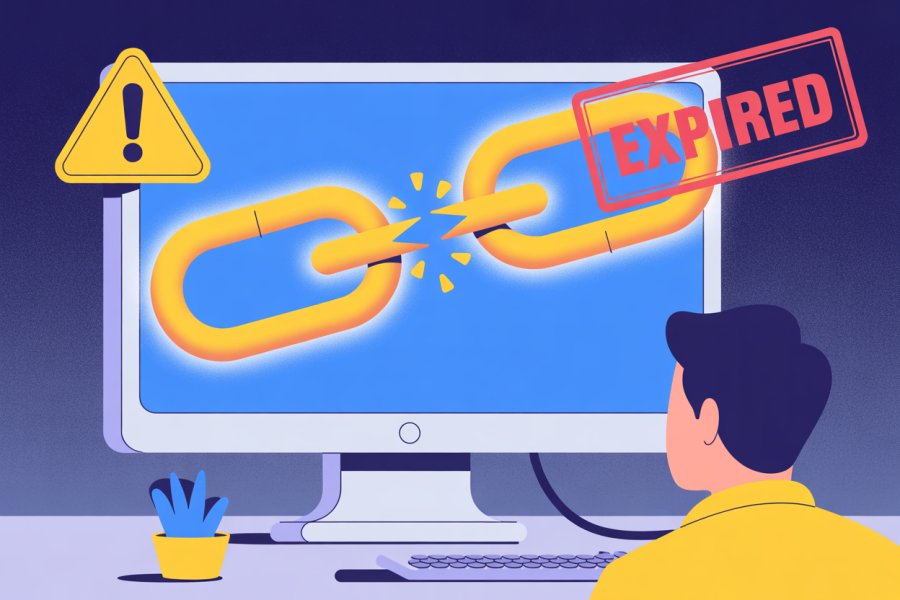
What if the true source of power isn’t external conquest but the mastery of oneself? Marcus Aurelius exemplified this profound truth, demonstrating that inner discipline—resilience, wisdom, and moral clarity—holds the greatest influence over chaos and upheaval. Through his writings in *Meditations*, he shows that authentic leadership begins within, where patience and humility forge a lasting strength beyond fleeting victories. Rooted in ancient Stoic philosophy, his life challenges modern notions that external success defines strength, instead revealing that inner virtues form an unshakable empire. As today’s world becomes more fast-paced and distraction-laden, cultivating inner discipline offers a resilient foundation—yet, how many truly embrace this path amid external pressures? This work invites us to reflect on the enduring power of inner virtues, emphasizing that lasting influence rests on the steady cultivation of character, which ultimately shapes a legacy far greater than material triumphs.

Inner Discipline as the True Source of Strength: Lessons from Marcus Aurelius
When we think about true strength, it’s tempting to focus on external displays—military victories, political influence, or material wealth. Yet history consistently points to a different kind of power: the strength that comes from within. It’s the resilience, self-control, and wisdom that enable individuals to navigate chaos and uncertainty with calm and clarity. This inner resilience often proves more enduring and impactful than any external conquest, especially for leaders who must govern with virtue rather than force.
At the heart of this idea stands Marcus Aurelius, a Roman emperor whose life exemplifies the power of inner discipline. Despite ruling over a sprawling empire beset with wars, plagues, and political turmoil, he prioritized mastery over himself. His writings in *Meditations* reveal a man committed to cultivating patience, humility, and moral clarity—qualities that sustained him through turbulent times. Marcus understood that true strength begins with self-mastery, a quiet force that shapes how we respond to life’s inevitable challenges.
This perspective challenges the common view that leadership is primarily about external dominance. Instead, Marcus’s example suggests that the most enduring leaders govern first and foremost their inner worlds. His ability to remain calm amid chaos, to exercise restraint under pressure, and to lead with wisdom highlights that internal virtues—self-awareness, discipline, and moral integrity—are the true foundations of influence. External power may fade, but inner strength remains resilient and capable of guiding others through uncertainty.
Marcus Aurelius’s life also reminds us that inner discipline isn’t just a personal virtue—it’s a universal principle that transcends time. From ancient Greece and Rome to modern leadership and personal growth, the idea that mastery over oneself is the highest form of strength persists. It’s a reminder that external achievements are fleeting, but the inner qualities we nurture—patience, resilience, moral clarity—leave a lasting legacy. True power, then, isn’t about dominance but about the steadiness of character.
As we reflect on Marcus’s example, the question arises: how can we cultivate this inner strength today? The answer lies in daily practices—self-awareness, reflection, patience, and intentionality. By focusing on internal virtues rather than external validation, we develop a resilience that can withstand setbacks and chaos alike. This inner discipline becomes a steady anchor, guiding us through life’s storms with grace and purpose.
In the end, the most profound form of strength isn’t found in external victories but within ourselves. Marcus Aurelius’s life invites us to see that wisdom, self-control, and resilience are the true empires we build—distant from the fleeting nature of worldly success but lasting in their influence. Cultivating this inner discipline transforms us into leaders of character, capable of inspiring others not through force, but through the quiet power of virtue.
Ancient Wisdom and Stoic Foundations: The Roots of Inner Power
The idea that inner strength exceeds external power isn’t a modern revelation; it stretches back thousands of years and finds its roots in ancient philosophy. Among the most influential traditions shaping this view is Stoicism, a school of thought that emphasizes self-control, resilience, and virtue as the true measures of a person’s strength. Thinkers like Epictetus, Seneca, and Marcus Aurelius argued that what we cannot control—wealth, status, political favor—should not determine our sense of worth. Instead, they pointed to our responses, moral character, and inner virtues as the real sources of resilience.
Stoics believed that external chaos and fortune are fleeting, but the strength of character is enduring. Epictetus, for example, taught that external events are beyond our influence, but our reactions are ours to command. Practicing rational thought and disciplined habits allows us to maintain tranquility amid upheaval. Marcus Aurelius’s writings in *Meditations* echo this sentiment, emphasizing that inner virtues—patience, humility, moral clarity—are the armor that shields us from life’s storms.
Marcus himself exemplified these principles. Born into privilege and trained in Stoic philosophy, he internalized the importance of self-mastery early on. Throughout his reign—marked by wars, plagues, and political unrest—his calm and resilience shone through. His reflections reveal a leader who prioritized virtue over external conquest, understanding that true strength lies in governing one’s own mind and emotions, especially when circumstances threaten to overwhelm.
This way of thinking didn’t stay confined to the Western world. Eastern traditions such as Confucianism and Taoism also highlight inner harmony, moral integrity, and self-cultivation as the real sources of strength. Across different cultures and eras, stories of leaders and thinkers who placed inner virtues above external victories reinforce the idea that internal resilience is more lasting than external conquest. These lessons continue to resonate, reminding us that inner virtues are the bedrock of genuine power.
Historical moments further illustrate this truth. Marcus Aurelius’s composed responses during barbarian invasions or crises like the Antonine Plague exemplify how inner discipline can shape external outcomes. Instead of succumbing to fear or despair, he demonstrated that mastery over oneself—patience, humility, moral clarity—can influence the course of history. These stories serve as timeless proof that internal virtues are more impactful than external triumphs.
Today, these ancient insights remain relevant. In a world obsessed with material success and external validation, cultivating inner resilience offers a more stable foundation. The qualities of discipline, patience, and moral clarity are what enable modern leaders and individuals to navigate uncertainty effectively. They remind us that true strength isn’t about external dominance but about the resilience we nurture within, which can withstand any external upheaval.
In essence, the roots of the belief that inner strength surpasses external power lie deep in human history. From Stoic philosophers to Eastern sages, the message is clear: the most lasting and impactful form of power is cultivated within. Marcus Aurelius’s life and teachings stand as a testament to this truth—an enduring legacy that inner mastery is the true empire, unshakable and timeless.

Modern Insights: The Rising Value of Inner Strength in Personal and Professional Success
In today’s fast-paced, distraction-filled world, the value of inner discipline is gaining recognition beyond philosophical circles. More than ever, qualities like mental resilience, self-control, and focus are seen as vital for personal growth and professional success. With constant notifications, social media, and the pressure to perform, staying centered under pressure has become a skill that separates those who thrive from those who falter. Inner strength isn’t just about achieving external goals; it’s about how we handle setbacks and stress from within, shaping our capacity to persist and adapt.
Leaders and entrepreneurs increasingly emphasize emotional intelligence and mindfulness as key indicators of genuine strength. They understand that authentic influence stems from qualities like patience, honesty, and resilience—especially in uncertain or chaotic circumstances. Developing inner discipline creates a stable foundation that supports better decision-making, promotes clarity, and fosters trust. When you prioritize internal virtues, external chaos becomes less destabilizing, and your ability to lead with integrity and calm grows stronger.
Research supports this shift in perspective. Studies show that individuals with high emotional intelligence tend to be more adaptable, better problem-solvers, and more effective leaders. They handle stress with greater ease, communicate more clearly, and build stronger relationships. These attributes—rooted in self-awareness and regulation—are cultivated through consistent inner work such as reflection, meditation, and deliberate practice. People committed to nurturing inner discipline often report higher satisfaction because their actions align with their core values, reinforcing resilience and purpose.
In personal achievement, inner strength translates into a resilient mindset that views failures as opportunities to learn rather than defeats. This perspective accelerates progress and boosts confidence, as patience and self-control become tools for sustained effort. The more we develop these virtues, the easier it is to stay committed to our goals, even when motivation wanes or obstacles appear. Inner discipline becomes the quiet engine fueling perseverance, making setbacks less discouraging and progress more steady.
As this understanding deepens, it’s clear that cultivating inner discipline is no longer optional but essential. Practical tools like mindfulness, journaling, and reflection help embed these qualities into daily routines. By intentionally fostering patience, clarity, and self-awareness, we build a resilient core that can withstand external upheavals. The result isn’t just improved performance but a sense of inner peace and moral clarity that guides us through life’s inevitable challenges. In a world obsessed with external validation, inner discipline offers a sustainable, empowering path to authentic success.
For those looking to deepen their understanding of how inner strength impacts overall well-being, exploring resources on developing resilience can be highly beneficial. One valuable starting point is this comprehensive guide on building inner discipline, which offers practical strategies to strengthen your mental resilience and maintain focus amid life’s challenges.
Cultivating Inner Discipline Today: Practical Strategies for Lasting Resilience
Cultivating inner discipline in daily life begins with small, deliberate steps. Start by establishing routines that foster self-awareness—such as checking in with your feelings and reactions each morning. Journaling can help uncover patterns like impatience or distraction, giving you insight into where you tend to lose control. Incorporate simple mindfulness practices, like deep breathing or pausing before responding, to strengthen your mental resilience gradually. Over time, these small acts become habits that build a foundation of inner strength and clarity.
Setting clear values and goals anchors your efforts and guides your decision-making, especially during stressful moments. Clarify what matters most—whether patience, honesty, or perseverance—and remind yourself of these priorities daily. When your actions align with your core principles, it becomes easier to exercise restraint and make thoughtful choices rather than impulsive reactions. Consistent reflection on these values turns deliberate discipline into an automatic response, reinforcing your inner resolve.
Resilience is further strengthened through mindful responses to challenges. When faced with a stressful deadline or provocative comment, pause and take a breath instead of reacting impulsively. This simple act of restraint prevents unnecessary conflicts and trains your mind to stay calm in chaos. Repeatedly practicing this pause transforms reactive instincts into thoughtful responses, creating a mental buffer that helps you recover quickly and maintain clarity amid external pressures.
Barriers like impatience, overconfidence, or constant distractions can undermine your efforts. Recognizing these obstacles early allows you to address them directly—whether by practicing patience during frustrating moments or creating routines that minimize interruptions. Establish environments that support your discipline, such as turning off notifications or dedicating focused time blocks. These small adjustments make it easier to stay consistent and turn inner virtues into natural parts of your daily life.
Supporting tools can amplify your progress. Meditation apps like Headspace or Calm provide quick, accessible ways to incorporate mindfulness into busy schedules. Reflection prompts or checklists serve as mental anchors during hectic days, helping you pause, breathe, and realign with your intentions. Connecting with others on a similar journey through communities or accountability partners offers encouragement and keeps your commitment strong. These resources turn the pursuit of inner discipline into an ongoing, manageable practice that becomes part of who you are.

A Reflection on Inner Power: Building a Lasting Legacy of Virtue and Calm
Inner strength is more than an abstract idea from ancient philosophy; it’s the foundation for authentic leadership and personal fulfillment. Marcus Aurelius demonstrated that true power comes from mastering oneself—cultivating resilience, wisdom, and self-control—even amid chaos and uncertainty. Building this inner discipline isn’t a one-time effort but a continuous journey that requires awareness, humility, and daily commitment. The rewards extend beyond external achievements, offering a deep sense of inner peace, clarity, and steadiness that can carry us through life’s inevitable challenges.
Looking ahead, embracing the pursuit of inner discipline paves the way for genuine influence rooted in character. The legacy of strength isn’t measured by fleeting accolades but by the virtues we nurture within—patience, humility, moral clarity. Developing these qualities creates an inner empire that remains resilient against external storms and leaves a lasting impact on others. This internal fortress, built brick by brick through consistent effort, becomes our most reliable source of power—one that endures beyond material success or external validation.
For those committed to deepening this discipline, advanced practices like negative visualization, daily reflection, and deliberate journaling can strengthen inner resilience further. These techniques transform philosophical principles into actionable habits that help us accept reality, stay focused, and act with integrity. Studying modern leadership models rooted in emotional intelligence and moral clarity offers practical frameworks for applying inner discipline in today’s complex world. The key lies in persistence—small, regular steps that gradually fortify our inner lives.
Progress does not happen overnight. It begins with simple acts—pausing before responding, practicing mindfulness, aligning actions with core values. Each moment of restraint and reflection reinforces your inner foundation, making wise responses natural rather than forced. Over time, these habits become second nature, allowing you to navigate setbacks with calm and confidence. This steady cultivation of resilience transforms discipline from an effort into an integral part of who you are.
Challenges and setbacks will always be part of the journey, but they’re also opportunities for growth. Viewing obstacles as lessons rather than failures strengthens your character and deepens your resolve. Every difficulty faced with patience and humility becomes a stepping stone towards greater inner strength. This mindset turns adversity into a catalyst for ongoing development, making the pursuit of inner discipline a lifelong, rewarding process.
In the end, the most enduring legacy isn’t external success but the strength of your character. Inner discipline builds a resilient core that guides you through chaos, inspires others, and shapes a meaningful life. It’s a quiet, steady power that deepens with each effort, creating an inner empire of virtue that no external storm can topple. Investing in your inner life produces a foundation of true power—lasting, unshakeable, and profoundly transformative.




